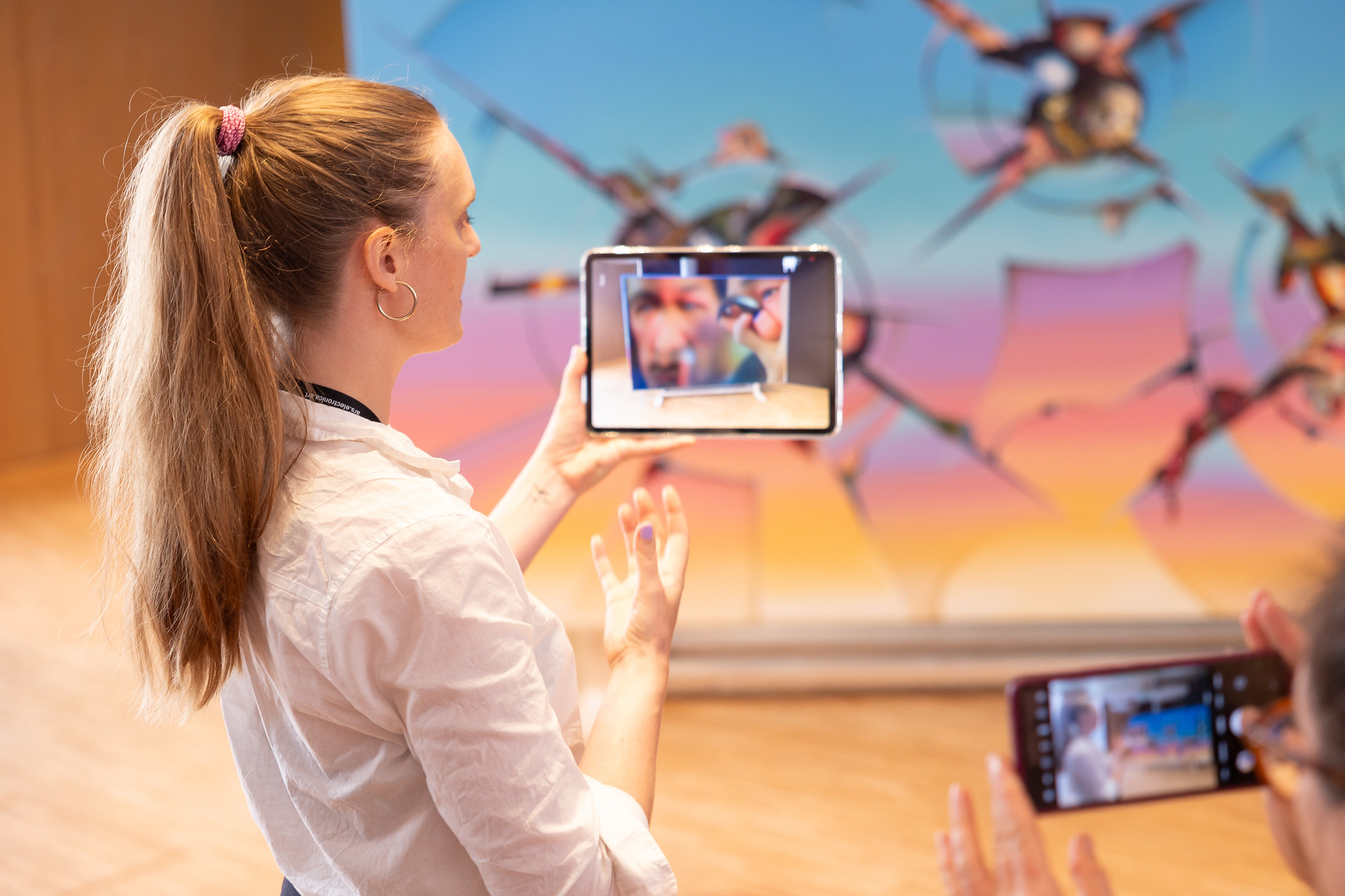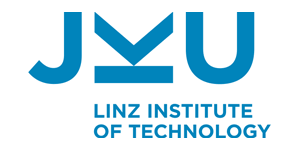Digital platforms and AI corporations present themselves as user-oriented, shiny and innovative automators. On the (side)line questions this narrative: content moderation and training AI relies heavily on manual labor from workers around the globe, often from the Global South. While their work impacts what we can see and do online, they are neither appropriately appreciated nor compensated; their personal well-being is essentially ignored.
Digital platforms and AI applications have become integral to our social and economic life. Digital corporations, however, often shield consumers from the reality of their operations, which require lots of manual work. Workers need to watch and remove problematic content on social media platforms or make sure that AI tools refrain from making racist or malicious statements.
Given the pivotal role these workers play in our use of these tools and our understanding of reality, one might expect them to hold high status and be well-paid. Yet, the reality is starkly different. These corporations engage in labor arbitrage by outsourcing this work to countries, particularly in the Global South, where a low-cost workforce is willing to perform these tasks—often at the cost of their mental and physical health.
On the (side)line reminds us that these workers are putting themselves on the line every day to make tools safer for us. The workers’ concerns, wishes and interests deserve our attention.
Bios
-
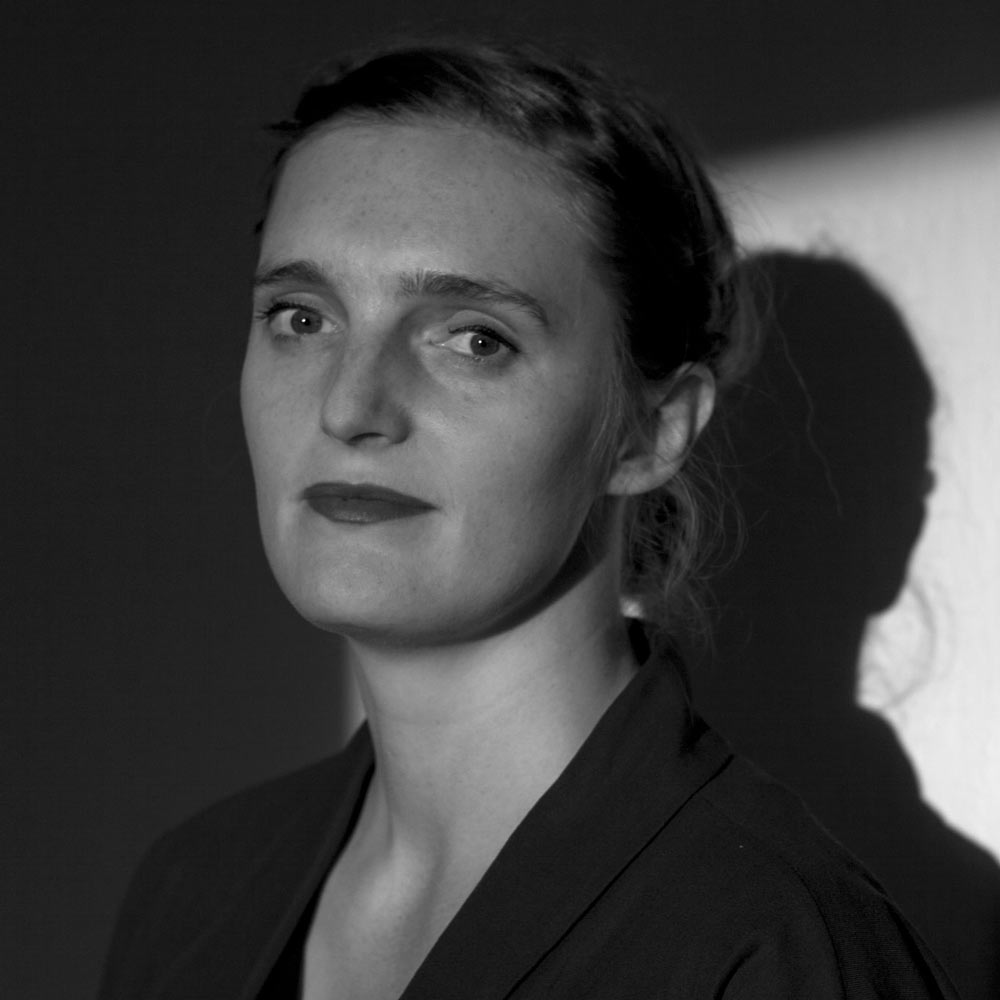 Photo: Levent Uçar
Photo: Levent UçarCarla Streckwall
DE
Carla Streckwall, a Berlin-based media artist and designer, studied visual communication at the Berlin University of the Arts and Cooper Union, New York. Her work explores the effects of digitalization on daily life and perception. As co-founder of Refrakt, she develops multimedia app experiences for global art exhibitions and museums.
-
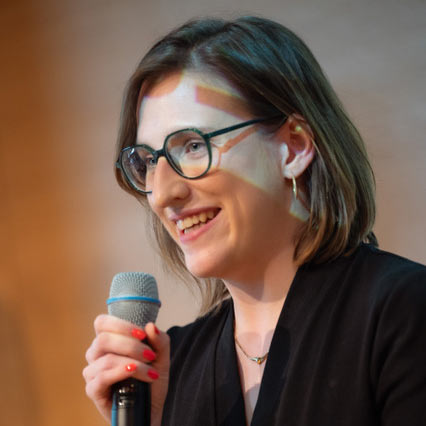 Photo: JKU
Photo: JKULaura Thäter
DE
Laura Thäter is a doctoral candidate at the Sustainable Transformation Management Lab of Johannes Kepler University Linz. Her research focuses on new and alternative forms of organization. She is specifically interested in exploring how the platform economy and platform labour markets in particular can be made more sustainable.
-
Lennart Grau
DE
Lennart Grau completed his studies in Fine Arts at Berlin University of the Arts in 2012. His works have been displayed in galleries focusing on new media such as Annka Kultys in London and Christine König in Vienna, and are also part of international private and public collections.
-
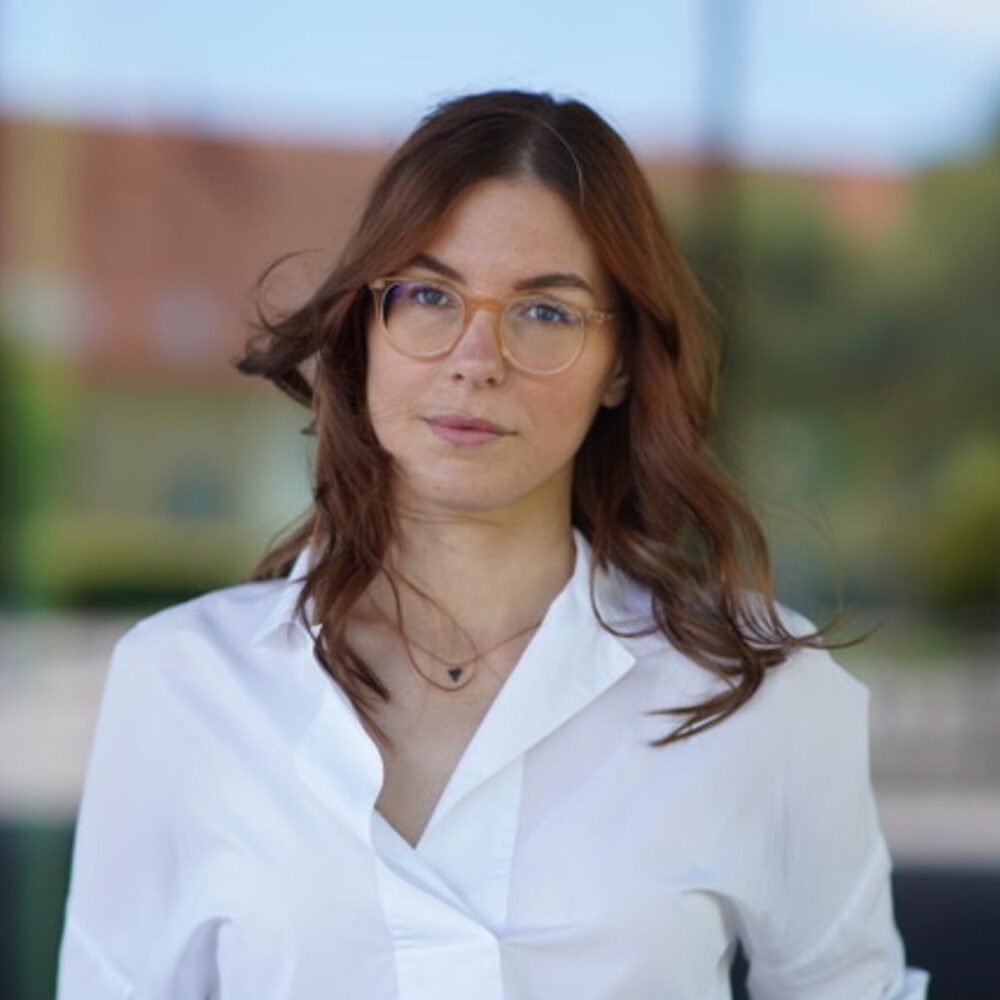 Photo: Sara Maric
Photo: Sara MaricSara Maric
AT
Sara Maric is a doctoral candidate at the Institute of Organization Science of Johannes Kepler University in Linz. Her research centers on digital platforms. She is particularly interested in how digital platform organizations reach and organize public and private spheres, transcending their formal organizational boundaries. Her most recent project investigates content moderators.
-
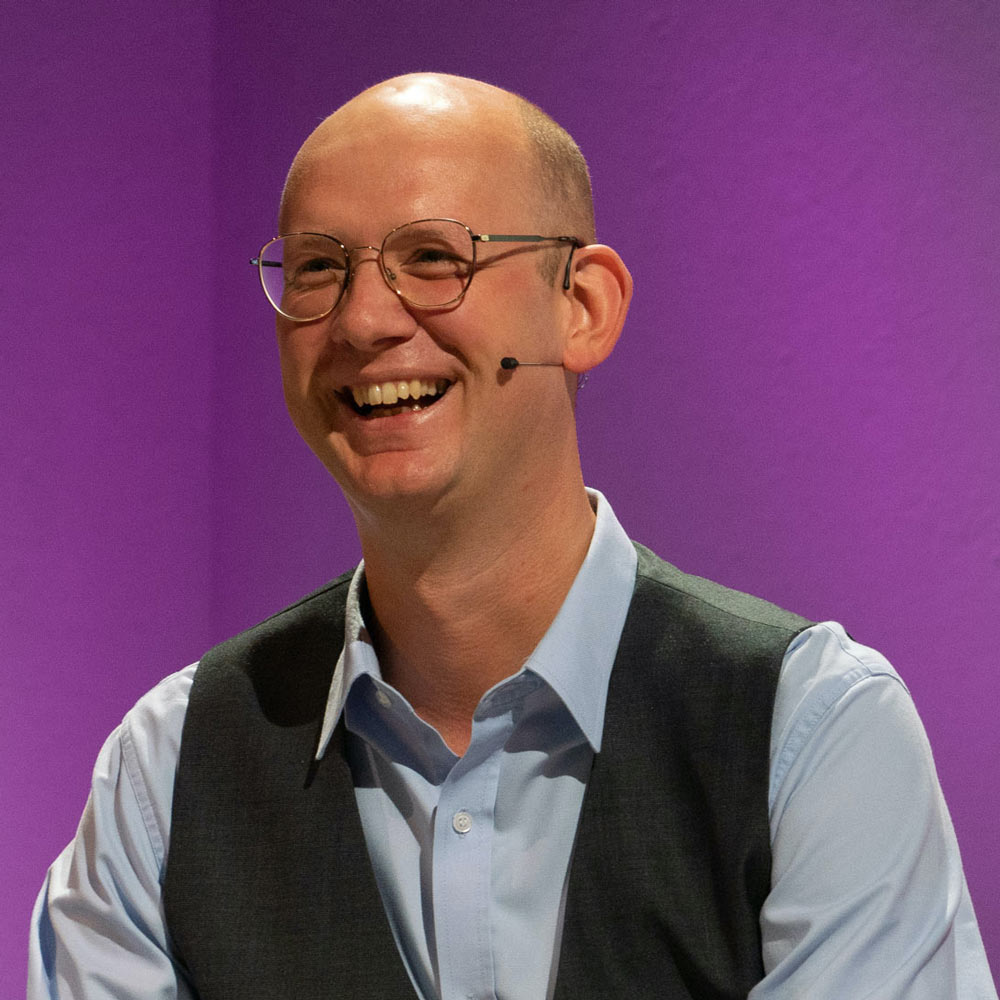 Photo: Leuphana.de
Photo: Leuphana.deThomas Gegenhuber
AT
Thomas Gegenhuber is the head of the Linz Institute for Transformative Change. One of his research interests focuses on the consequences of digital platforms, including regulatory issues, decent working conditions, and the promise of alternative platforms.
Credits
The Linz Institute for Transformative Change generates momentum to understand and tackle societal challenges. To achieve this, our mission is bringing together stakeholders from various disciplinary backgrounds or societal sectors to collectively address these challenges. This project is carried out in collaboration with the Institute of Organization Science at Johannes Kepler University, Linz and the Berlin-based artists Lennart Grau and Carla Streckwall.
This project is supported by the State of Upper Austria.
